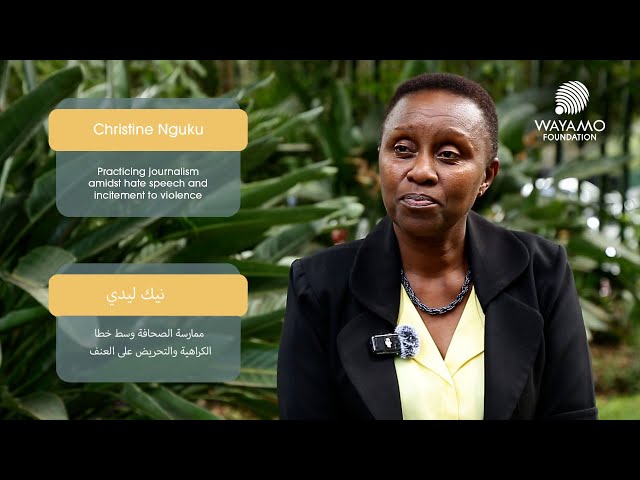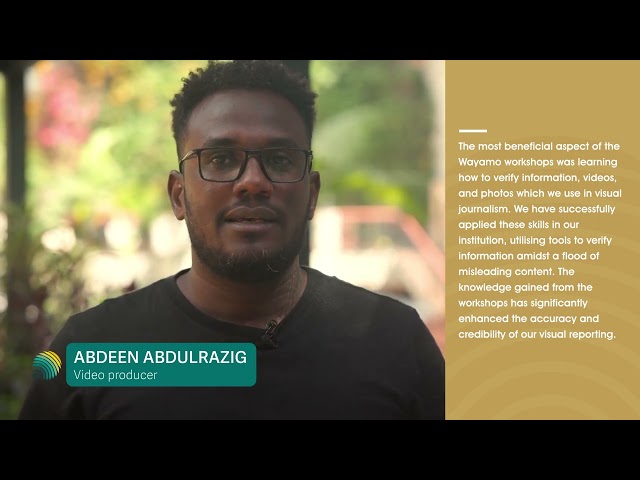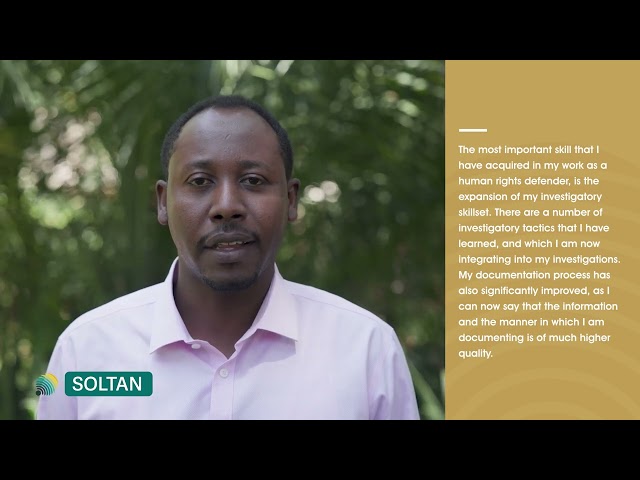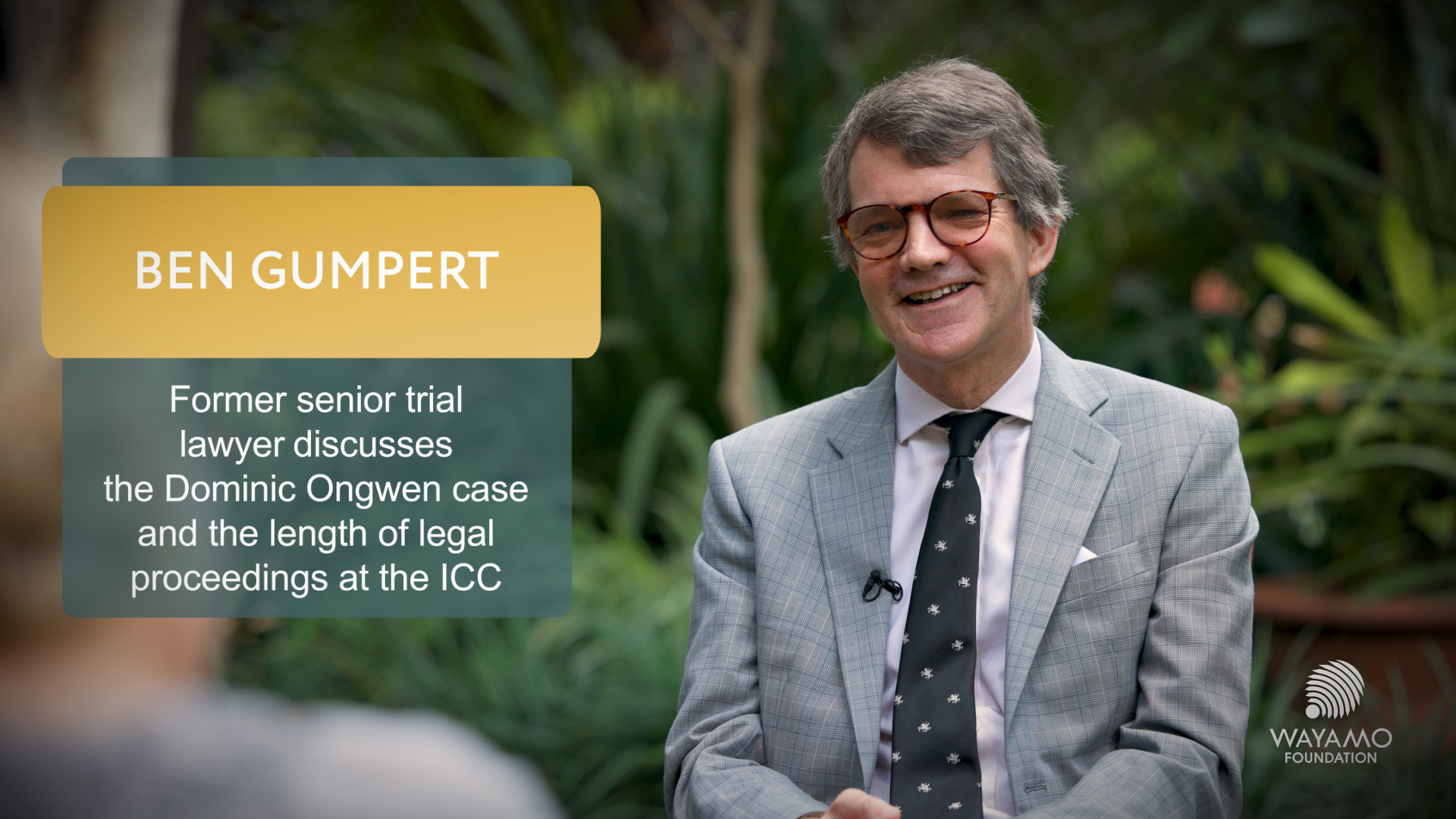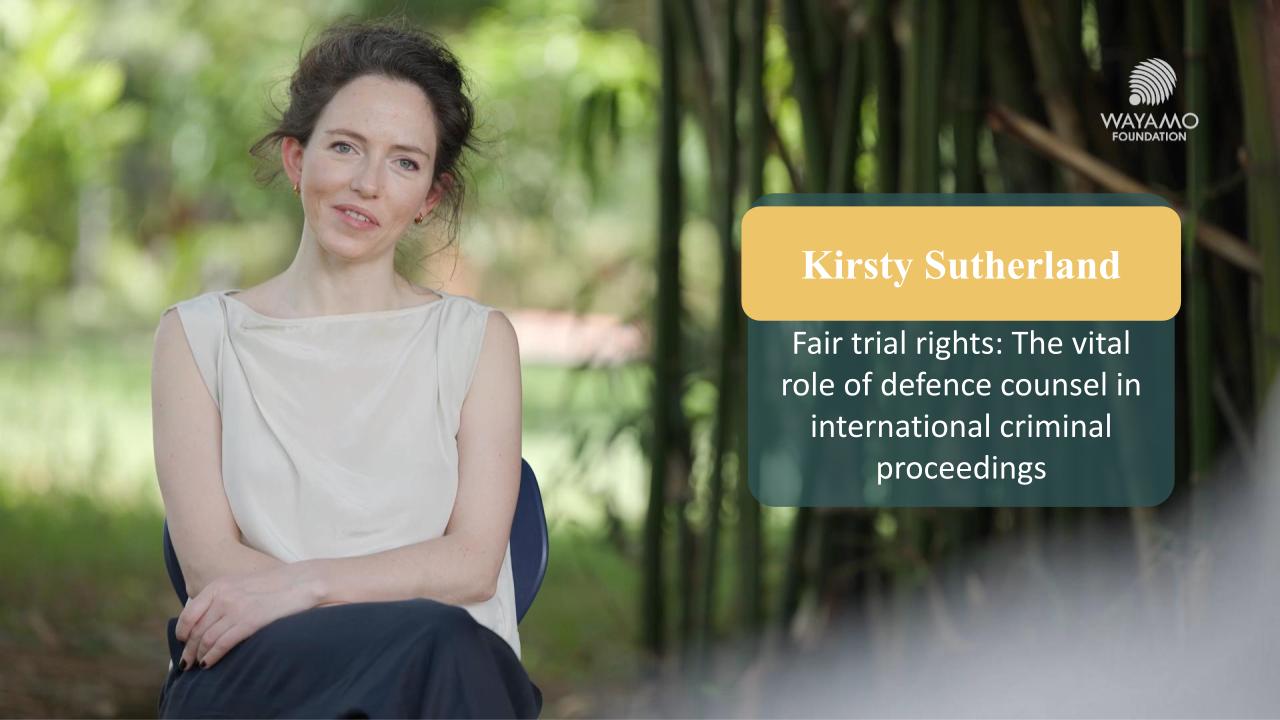In this interview, Lyandro Komakech, Co-founder and Director of the Amani Institute in Uganda, explores what other countries can learn from the Ugandan experience with transitional justice. Komakech talks about how the transitional justice policy came about in Uganda, its impact as well as the role of the International Crimes Division of the High Court and the International Criminal Court in bringing justice to victims. Komakech also explains the importance of traditional justice mechanisms and describes the Mato Oput ceremony (form of traditional justice in northern Uganda) and its significance.
In the framework of its ‘Capacity building for Sudanese civil society and legal actors – Breaking the cycle of impunity for international crimes’ project, Wayamo has created an online justice resource hub, which consolidates video interviews and print resources relating to the current conflict in Sudan, regional and international experiences with transitional justice, and tools that civil society actors can employ in response to ongoing violations in the country.

